Sleep and Performance: How Quality Rest Enhances Your Athletic Abilities
**Sleep and Performance: How Quality Rest Enhances Your Athletic Abilities**
In the world of athletics, performance is often equated with rigorous training, optimal nutrition, and mental resilience. However, one of the most crucial yet overlooked components of athletic success is sleep. Quality rest not only rejuvenates the body but also enhances athletic performance, cognitive function, and recovery. In this blog post, we’ll explore the profound relationship between sleep and athletic performance, share valuable nutrition tips, exercise advice, and highlight the myriad of health benefits that come with prioritizing quality sleep.
### The Importance of Sleep in Athletic Performance
Sleep is a fundamental biological process that plays a vital role in physical and mental recovery. Athletes push their bodies to the limits, often resulting in fatigue, muscle strain, and stress. During sleep, the body undergoes critical restorative processes: muscle repair occurs, energy is replenished, and hormones such as growth hormone and testosterone are released. These processes are essential for recovery and performance enhancement.
Research indicates that inadequate sleep can lead to decreased athletic performance, including reduced strength, speed, and endurance. A study published in the “Journal of Sports Sciences” found that athletes who slept less than seven hours per night experienced significant declines in performance, reaction times, and overall physical functioning. Therefore, prioritizing quality sleep is not just beneficial; it is essential for any athlete aiming to excel.
### Health Benefits of Quality Sleep
The health benefits of quality sleep extend beyond athletic performance. Adequate sleep is associated with:
1. **Improved Mood**: Sleep deprivation can lead to irritability and mood swings, which can negatively impact an athlete’s motivation and focus.
2. **Enhanced Cognitive Function**: Sleep plays a crucial role in memory consolidation and learning. A fresh mind enhances decision-making skills and strategic thinking during competitions.
3. **Stronger Immune System**: Quality sleep strengthens the immune system, helping athletes fend off illnesses that can derail training and performance.
4. **Reduced Risk of Injury**: Fatigue increases the risk of injuries during training and competition. Well-rested athletes are more alert and have better coordination, reducing the likelihood of accidents.
### Nutrition Tips for Better Sleep
Nutrition plays a significant role in promoting better sleep quality, which in turn enhances athletic performance. Here are some nutrition tips to consider:
1. **Incorporate Sleep-Inducing Foods**: Foods rich in magnesium, such as nuts, seeds, and leafy greens, can help relax muscles and promote better sleep. Additionally, foods containing tryptophan, like turkey, bananas, and dairy products, can increase serotonin and melatonin levels, aiding sleep.
2. **Stay Hydrated**: Dehydration can disrupt sleep patterns. However, avoid drinking excessive fluids right before bed to prevent nighttime awakenings.
3. **Limit Caffeine and Alcohol**: Both substances can interfere with sleep quality. Aim to avoid caffeine in the afternoon and limit alcohol consumption, as it can disrupt sleep cycles.
4. **Focus on Timing**: Eating large meals close to bedtime can lead to discomfort and disrupt sleep. Instead, aim for a balanced meal three to four hours before bedtime to allow for digestion.
### Exercise Advice for Better Sleep
Incorporating regular exercise into your routine can significantly improve sleep quality. Here are some exercise tips:
1. **Consistency is Key**: Aim for a regular workout schedule. Consistent exercise helps regulate your body’s internal clock, making it easier to fall asleep and wake up at the same time each day.
2. **Timing Matters**: While exercising can promote sleep, the timing of your workouts is essential. Strenuous workouts close to bedtime may energize you, making it harder to fall asleep. Aim to finish high-intensity workouts at least three hours before bedtime.
3. **Incorporate Relaxing Activities**: Activities such as yoga or stretching can help promote relaxation and prepare your body for sleep. These exercises reduce stress levels and enhance the sleep experience


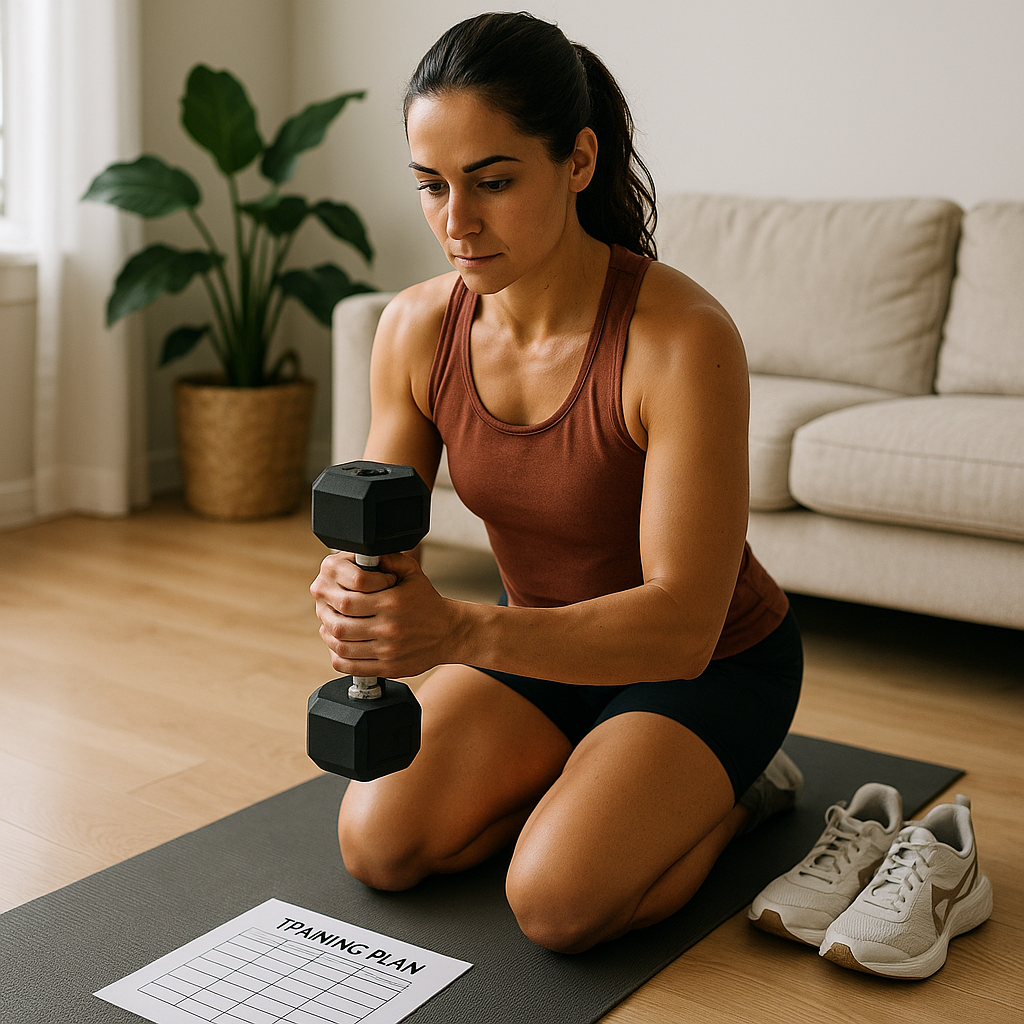


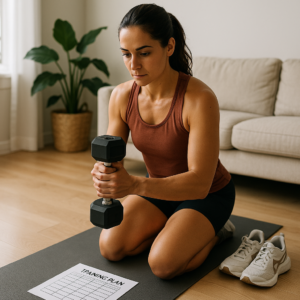


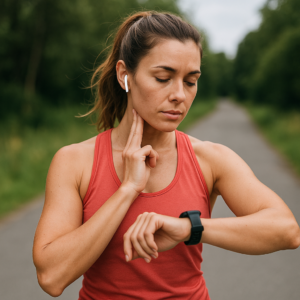
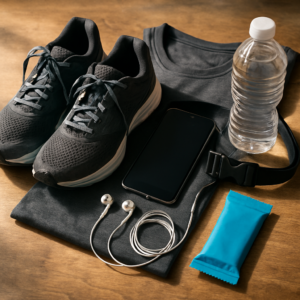

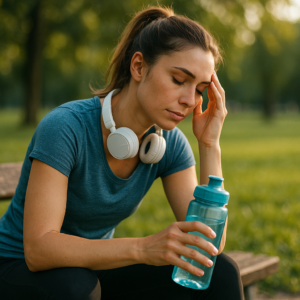



Post Comment